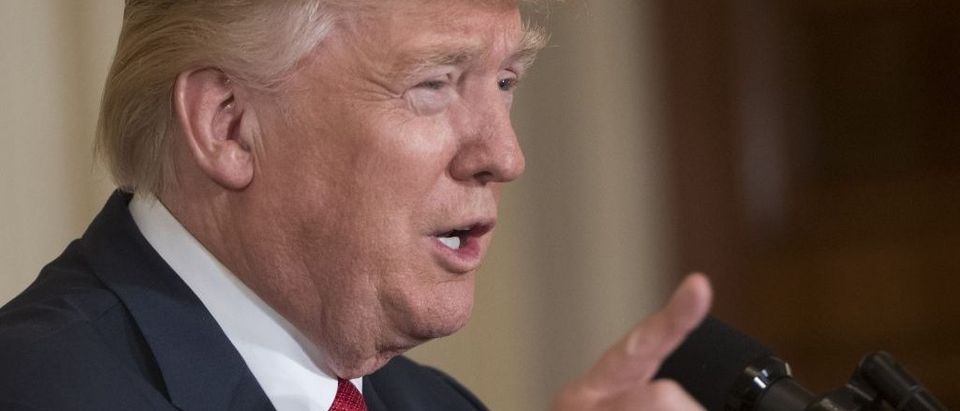It has only been 90 days since Trump’s Inauguration and much has already occurred. A new healthcare bill failed, we reversed our policy in Syria and a new justice was sworn in the Supreme Court.
But how much has actually changed regarding our global involvement? Although many speculated isolationism, our foreign policy is almost unchanged. We are continuing our work with China, we are still supporting NATO and we have not left the Iran Deal. These predictions were onto something considering Trump’s previous statements. However, they are not correct in the big picture.
So why have we not seen less involvement from the “America First” president? Compare who influenced policy from day one of the Trump Administration to today. General Mike Flynn and Steve Bannon, both of whom have hard-line stances against Muslims and served on the National Security Council, originally had prevailing clout in the White House. But after having “potentially illegal” talks with Russian officials, Flynn resigned barely over two weeks into the job. As for the anti-globalist Bannon, he was removed from the NSC and his clout has been descending ever since.
Now meet who influences The Donald today. H.R. McMaster, Flynn’s replacement, is thought to be the creator of Trump’s missile attack in Syria. In addition to increasing our involvement in Syria, it was McMaster who called for Bannon’s NSC removal. Gary Cohn, Trump’s top economic counselor, is apparently behind his boss’s new approach to China and might even be his “future…chief of staff.” Jared Kushner, the President’s son-in-law, is reportedly defeating Bannon in a battle of influence. These are the people who the President is listening to amidst all the tension in the White House.
This shift in who has a say profoundly affects our foreign policy. Bannon is a fervent “skeptic of international alliances,” he is a fan of Brexit and he wants to work closer with Vladimir Putin. On the other hand, McMaster is a foreign policy establishment thinker, Cohn entertains free trade and Kushner “disagree[s] on everything on policy” with Bannon. Especially after recent policy reversals, it is clear who Trump is listening to.
One of the biggest mistakes made in analyzing Trump is the failure to look at influence. Those who ignore what his advisers are thinking do not understand the President’s mentality. When he took 141 different stances on 23 issues, it may reveal who he heeded to at the time of his statements. Lack of expertise is always a factor, but that is why advisers are there to guide him.
Knowing who has clout gives us a better idea of the President’s foreign policy. Not only did we see it in Syria, but it is reflected in April’s policy changes. Considering who Trump is listening to, we will not isolate ourselves from the rest of the world.


